The Use and Function of Scripture in 1 Maccabees
Dongbin Choi argues that the book of 1 Maccabees is written with a linguistic technique that utilizes earlier Jewish texts in various ways in order to promote the religiopolitical agendas of its author. Choi offers a philological and thematic analyses on this scriptural language, and engages in the dialogue between the traditional view that tends to simply treat 1 Maccabees as a religious writing, and the radical view that considers it as a political propaganda. Choi argues that the author of 1 Maccabees deploys scriptural language in such a nuanced way that he both promotes the legitimacy of the Hasmonean rule in Judea under John Hyrcanus I and shows his appreciation of conservative Jewish sensitivity towards their traditions relating to Deuteronomic covenant, biblical judges and Jewish messianism. By discussing past scholarly literature on the use and function of Scripture in 1 Maccabees, various literary, political and cultural aspects that influenced the creation of the text, and finally philological and conceptual parallels between Scripture and 1 Maccabees and the use of Scripture in the eulogies of the Hasmoneans, Choi has created a singular reinterpretation of both text and author.
{{comment.content}}
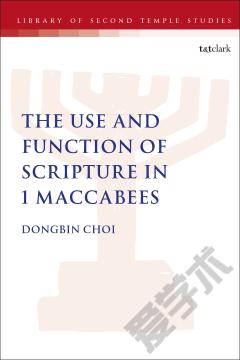
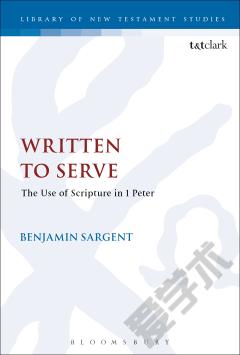
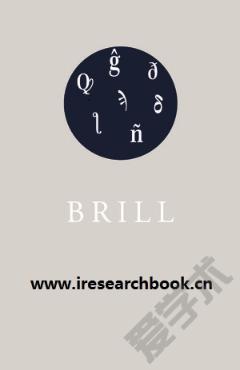
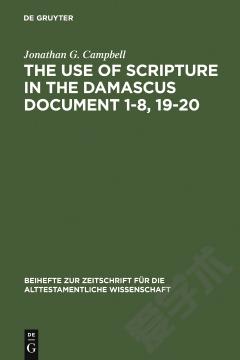

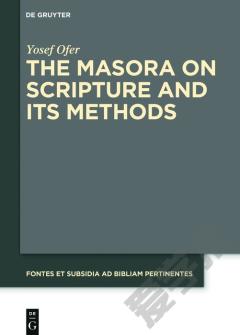
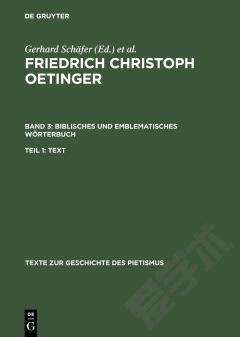

 京公网安备 11010802027623号
京公网安备 11010802027623号